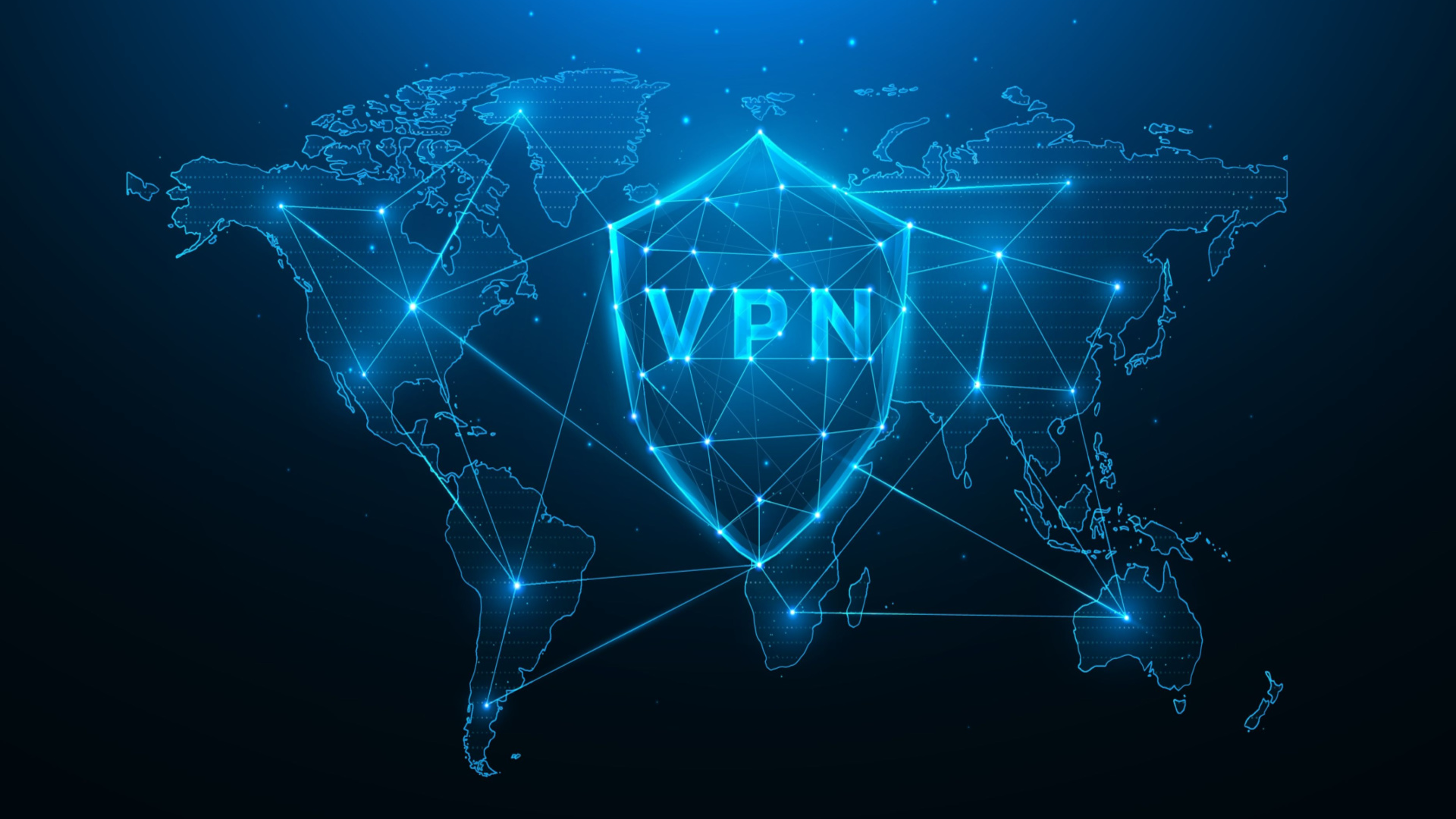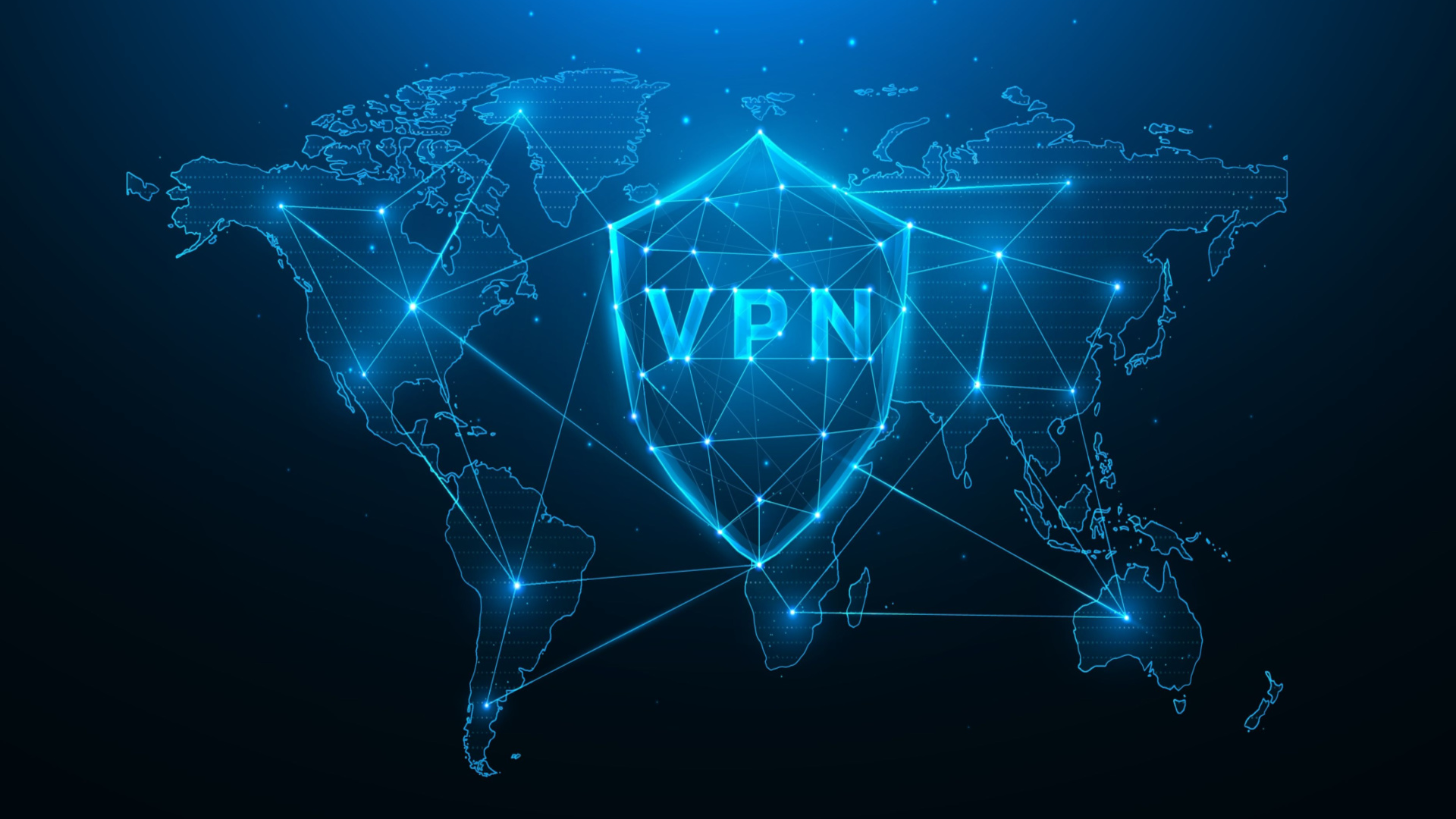
Virtual Private Networks (VPNs) are supposed to be the internet’s cloak of invisibility. Long embraced by corporations to secure remote access and by individuals to shield their browsing activity, VPNs have built a reputation as tools of privacy, security, and digital freedom. But that reputation is now under threat.
A growing number of criminal groups are repackaging open source VPN frameworks into malware-laced products, disguising their intent behind familiar language, friendly branding, and fake reviews. What looks like a quick fix for accessing overseas content or bypassing geo-restrictions is, in many cases, an entry point for data theft, surveillance, and fraud.
It’s ironic in many ways. The promise of privacy has become the perfect lure for privacy-hacking criminals. Users who download these malicious VPNs often think they’re outsmarting content restrictions – watching football matches from abroad, placing bets where they legally shouldn’t, or cashing in on digital deals restricted by region.
You may like
At the very least, they might think that having a VPN shields them from the prying eyes of online snoopers. In reality, they’re likely handing over control of their device to a shadow network. These fake VPNs quietly turn home networks into residential proxies, harvest personal and financial data, and open the door for broader criminal operations – all while maintaining the illusion of security.
This isn’t to say that VPNs are bad. Far from it. But a user’s choice of VPN matters today more than ever before. With so many affordable, easy options flooding the market, latching onto a cheap VPN to cloak your device or access geo-restricted content is a gamble – and the cost of losing that gamble simply isn’t worth the risk.
Senior Director of Threat Intel at Infoblox.
Behind the mask: How VPNs are being weaponized
What makes these VPNs so effective as attack vectors is how seamlessly they blend into the digital noise. Many operate through traffic distribution systems (TDSs) like Vextrio, which funnel users toward seemingly legitimate downloads. These platforms don’t just advertise VPNs – they create an entire illusion of trust, complete with sponsored search results, polished websites, and glowing reviews on platforms like Trustpilot.
Some VPNs are free, others charge modest monthly fees, but the business model is the same: install the software and you unwittingly join a network of compromised machines. These apps often double as information stealers – scraping keystrokes, intercepting browser activity, and quietly logging banking credentials.
Worse still, the infected device becomes part of a much larger infrastructure. Malicious VPNs routinely convert users’ home internet connections into residential proxies, effectively turning everyday consumers into unknowing enablers of criminal activity.
This allows attackers to route their own traffic through compromised systems, making it harder for authorities to trace or block malicious behavior. It’s like a parasite worming its way in unnoticed – users pay for access to content they’re not legally allowed to watch, while criminals profit by harvesting their data and hijacking their connections. Users think they’ve found a clever workaround, but in reality they’re simply being exploited.
DNS, RDGAs, and the art of evasion
The success of these criminals depends on their ability to hide and deceive. To maintain the illusion of legitimacy and avoid detection, malicious VPN operators rely heavily on rapidly generated domain aliases (RDGAs) and DNS tunneling. These tactics allow them to constantly shift the endpoints used by their software, cycling through thousands of domains so that if one is flagged or taken down, the service continues uninterrupted.
Take “Reckless Rabbit” and “Ruthless Rabbit” for instance – two recently discovered investment scam actors that use RDGAs to scale their advertising campaigns and lure victims using well-known names to appear trustworthy. Unlike legitimate providers, whose infrastructure remains relatively stable, these actors thrive on churn.
The fast rotation of domains not only obscures the true nature of the traffic but also makes it nearly impossible for traditional blocklists or IP reputation tools to keep up. From the outside, it simply looks like a user is accessing routine web services, when in fact, DNS is being manipulated to mask criminal infrastructure.
This constant domain hopping is part of a broader evasion strategy. DNS tunneling, in particular, allows attackers to disguise command-and-control traffic as benign DNS requests. It’s a method often used to sneak malware past firewalls or send data out of restricted environments without detection.
When embedded within VPN software, this technique becomes even more insidious: not only is the app encrypting the user’s traffic, but it’s also silently exfiltrating information and receiving instructions from remote servers, all under the cover of what appears to be a legitimate privacy tool. This is how VPNs, when co-opted, transform from protective wrappers into full-fledged vehicles for criminal communication.
Snakes and Ladders: Why do people fall for it?
Contempt for the conners, compassion for the conned. That’s how this particular form of cyber-abuse should be viewed. Because the appeal of these rogue VPNs isn’t just technical – it’s psychological. Users are drawn in by the promise of unrestricted access: the ability to stream content blocked in their country, gamble on overseas platforms, or use region-specific services with no questions asked. For many, it feels like a harmless workaround.
But that desire to outsmart the system is precisely what these criminal operators rely on. They know users will trade caution for convenience. They know a free or cheap download that promises to “just work” will attract attention. But once it’s installed, the cost is no longer just a few dollars a month – it’s your identity, your credentials, and even your bandwidth.
Unwitting participants in criminal schemes
It’s not just about personal risk either. By participating in these networks, even unknowingly, users help power a much larger criminal economy. Their machines become part of an invisible infrastructure used to launder traffic, evade detection, and launch further attacks. In some cases, VPN clients are bundled with gambling or scam platforms, creating a double-loss scenario: victims hand over their data and their money.
It’s not just that the VPN didn’t protect them – bad enough though that is – it was that the VPN was the bait all along. The irony stings: in trying to gain more freedom, users end up more surveilled, more exploited, and more vulnerable than they were before.
Can app stores and search engines be trusted?
When we need a service, we Google it. Or perhaps we scan our app store of choice to find a suitable candidate. We might look at a few reviews, but by and large we’re programmed to trust what we find in these places. But in the case of malicious VPNs, that trust is being actively abused. Traffic distribution systems like Vextrio are skilled at manipulating search rankings – pushing sponsored ads and SEO-optimized domains to the top of results pages within days.
A quick search for “free VPN” or “VPN for Netflix” often leads users straight into their funnel. From there, everything is choreographed: the convincing website, the high user ratings, the false claims of speed and security. Even cautious users, seeing a top result or an official-looking listing in an app store, may assume legitimacy – especially when the app promises what they want to hear.
Apple’s App Store and Google Play are not immune. Despite vetting processes, threat actors have found ways to sneak past these controls by rebranding malware over and over again – changing logos, names, domains, and shell companies with each iteration. Dozens of malicious VPNs have slipped through, some remaining live in the stores long after being flagged.
Even the reviews can’t be trusted – so many of them are fabricated or bot-generated, designed to drown out real complaints and boost visibility. The emergence of tools like ChatGPT have made these bogus reviews all the more convincing and harder to spot. The result is a distorted marketplace where bad actors operate in plain sight, shielded by the very platforms users rely on for safety.
How to choose a VPN without compromising yourself
So how can users protect themselves without sacrificing privacy? The first step is a healthy dose of good old skepticism, particularly toward any VPN app that’s unfamiliar, heavily discounted, or promises unlimited access for free. If it sounds too good to be true, it usually is. Instead of trusting search engine rankings or user reviews, consumers should rely on well-established providers with transparent business models and a long-standing track record.
Brands like NordVPN, ProtonVPN, and Malwarebytes are trusted not because they’re perfect, but because they’re accountable. They don’t need to hide behind a fresh logo or fake domain every time scrutiny increases. Reputation in this space isn’t just branding – it’s a proxy for security, support, and scrutiny.
Equally important is understanding what a VPN can and can’t do. A VPN won’t make a user anonymous, and it doesn’t guarantee safety if the software itself is compromised. In many cases, Protective DNS offers a more targeted layer of defense, alerting users to suspicious activity, blocking access to malicious domains, and providing visibility into where traffic is really going. Whether on a personal device or in an enterprise setting, layered protection matters.
VPNs were built to protect. But in the wrong hands, they become a perfect disguise for exploitation. Criminals are counting on users to trade caution for convenience, wrapping malware in the language of privacy and selling it as freedom. The safest path isn’t the fastest download or the highest-ranked result – it’s a trusted name, a transparent provider, and a double-dose of skepticism. Because when privacy tools are weaponized, the price of easy access can be far greater than it first appears.
This article was produced as part of TechRadarPro’s Expert Insights channel where we feature the best and brightest minds in the technology industry today. The views expressed here are those of the author and are not necessarily those of TechRadarPro or Future plc. If you are interested in contributing find out more here: https://www.techradar.com/news/submit-your-story-to-techradar-pro
Services Marketplace – Listings, Bookings & Reviews
